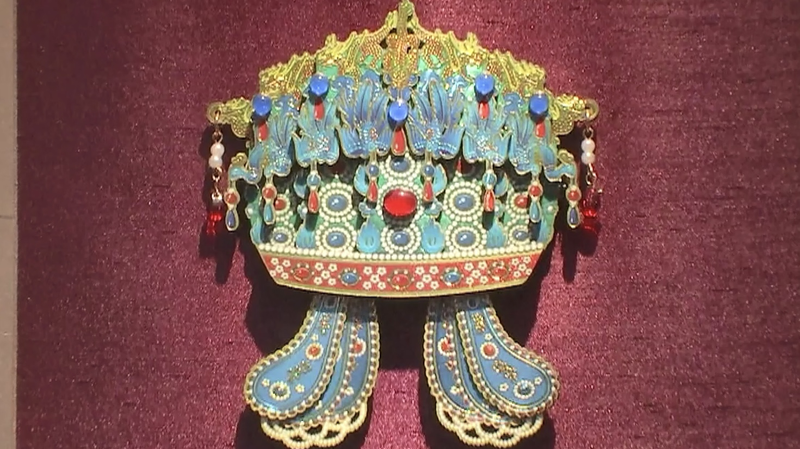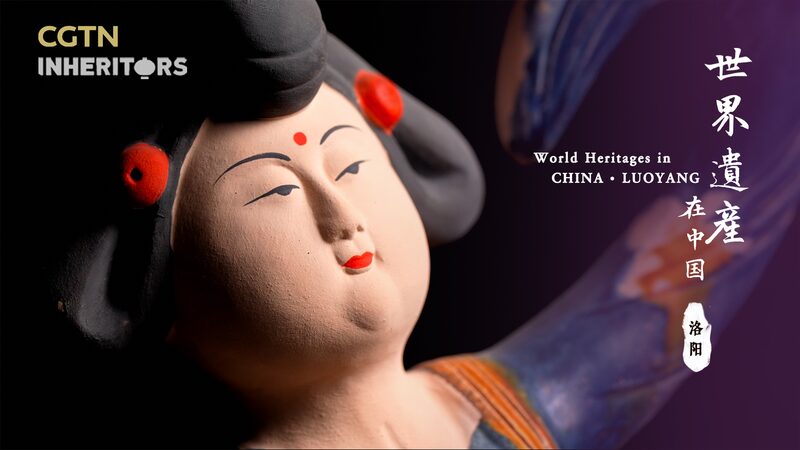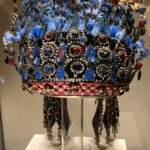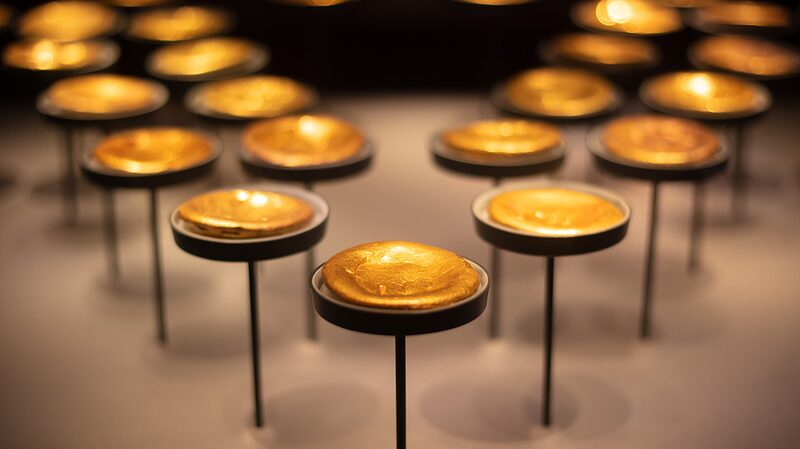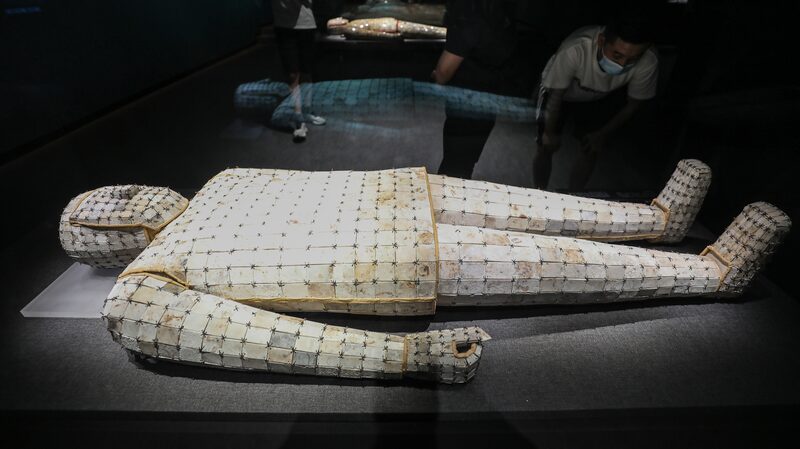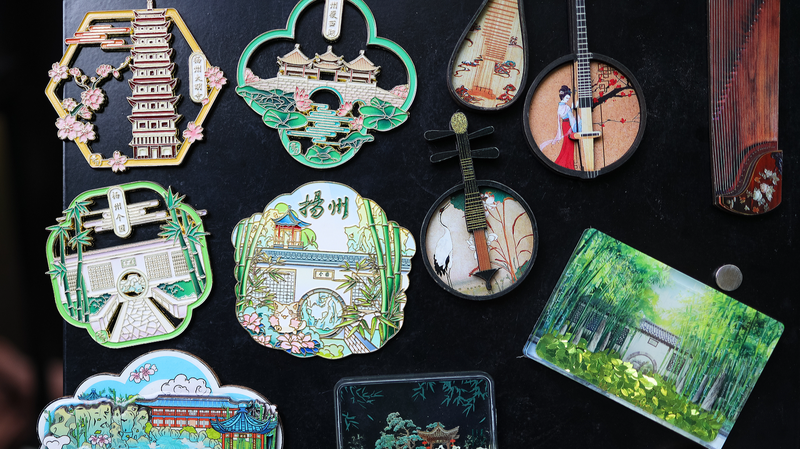A humble souvenir has sparked an unexpected cultural renaissance at Beijing's National Museum of China. Fridge magnets recreating Empress Xiaodu's iconic 17th-century phoenix coronet—a symbol of imperial authority—are selling at unprecedented rates, drawing both history enthusiasts and casual visitors into a unique intersection of heritage and modern consumer culture.
Staff report stock replenished hourly to meet demand for the palm-sized replicas, which feature intricate gold filigree work and simulated gemstones mirroring original Qing Dynasty craftsmanship. “This trend reflects growing public interest in tangible historical connections,” noted museum curator Li Wei during our visit. “Visitors aren’t just buying magnets—they’re acquiring fragments of China’s imperial legacy.”
The phenomenon holds significance for multiple audiences: cultural explorers appreciate accessible historical artifacts, manufacturers eye heritage-inspired product potential, and historians observe renewed interest in court regalia studies. Overseas visitors from Southeast Asia account for 40% of purchases, suggesting cross-cultural appeal.
Market analysts highlight opportunities for licensed historical reproductions—a sector projected to grow 18% annually in China through 2026. As dusk fell at the museum, a queue still snaked past the souvenir counter, proving that even in digital times, physical remnants of the past retain unparalleled magnetism.
Reference(s):
cgtn.com
